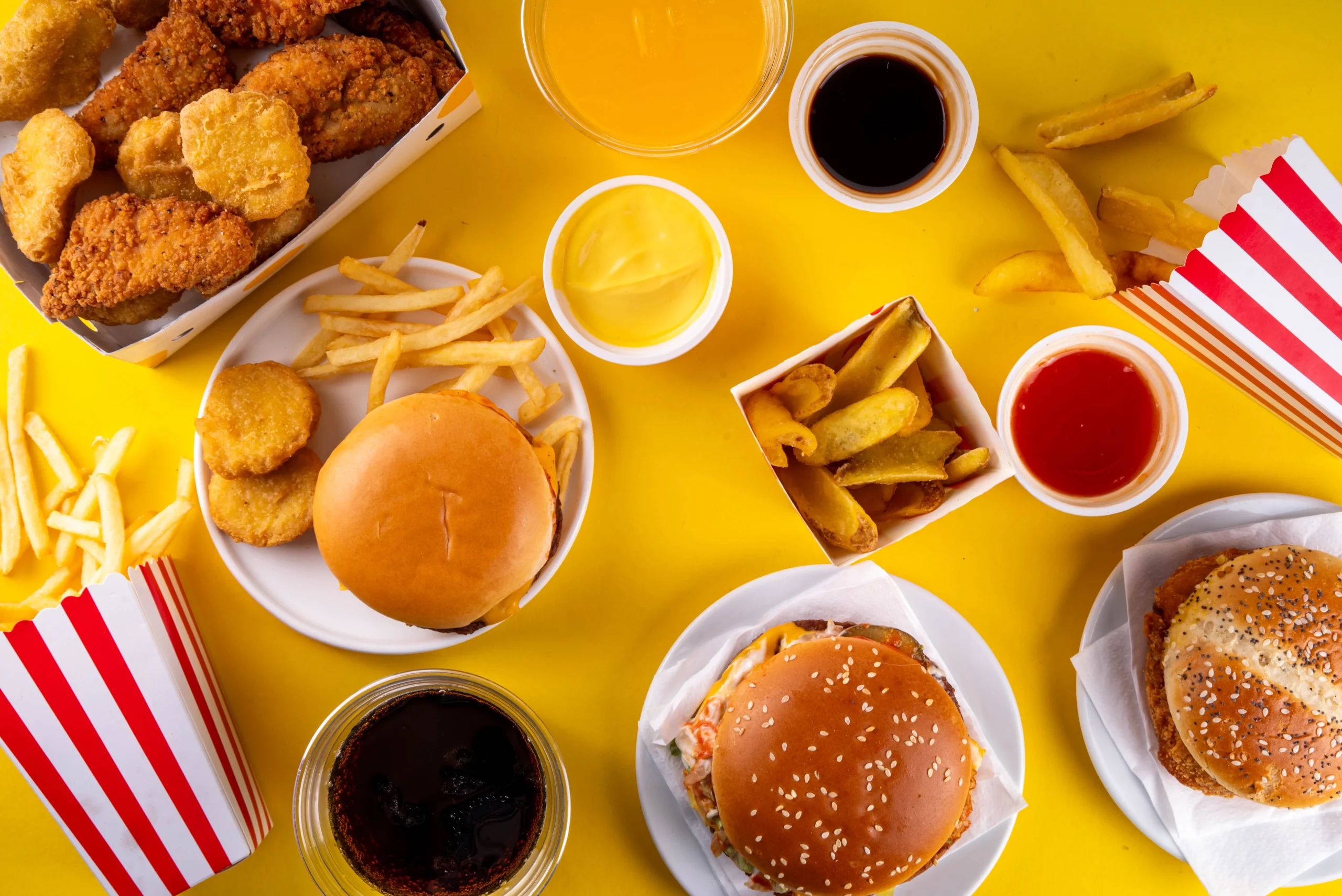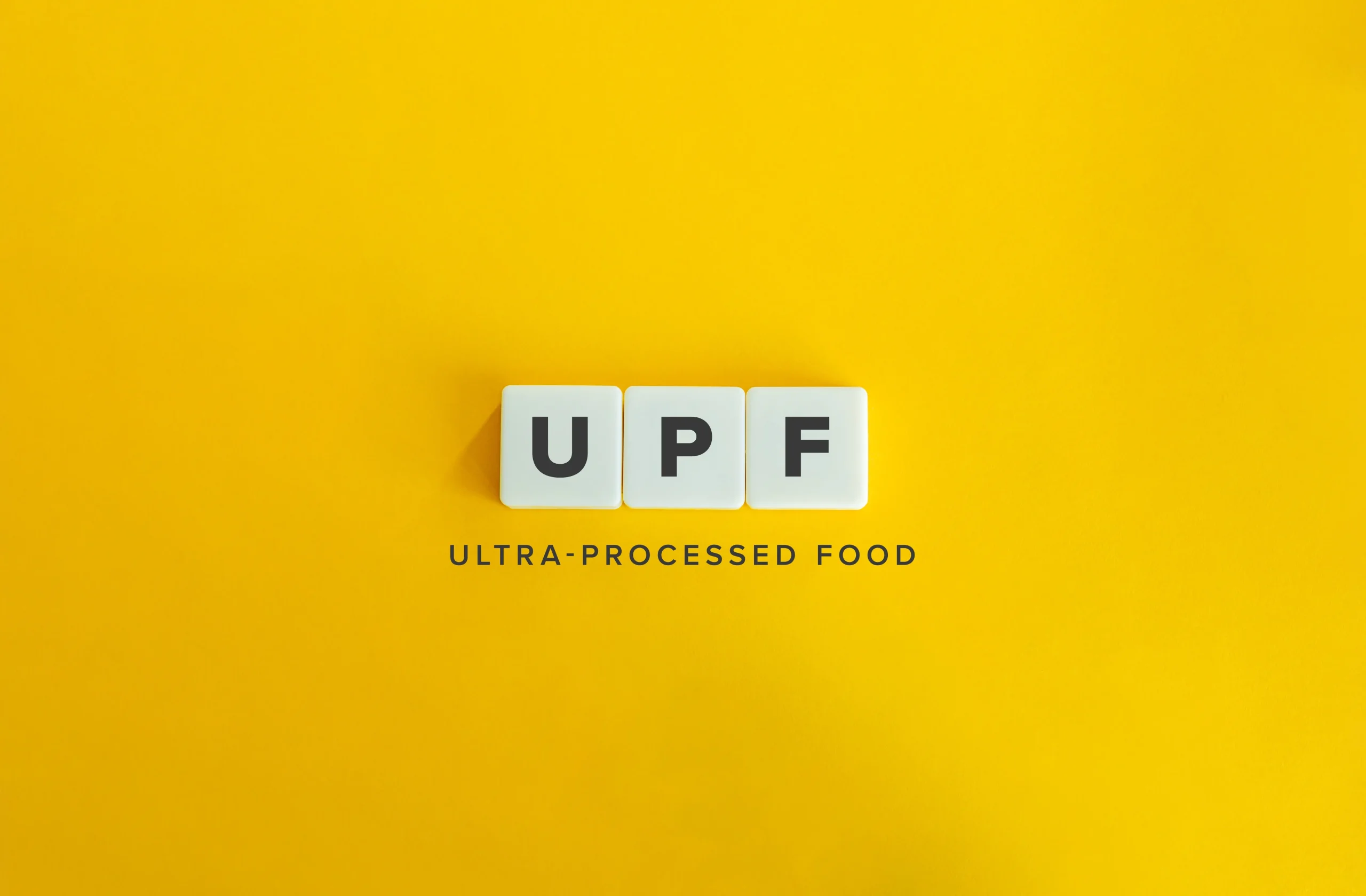Everyone needs food to survive. Unfortunately, as companies continue their push to generate maximum profits, ultra-processed foods are becoming more prevalent on store shelves because they are cheap and easy to process. They also provide substantial cost savings and maximum profit to the big food industry. However, many of these ultra-processed foods have little nutritional value, contain toxic and harmful ingredients, and continue to contribute to obesity and severe medical conditions such as Type-2 diabetes and cardiovascular issues. Consuming ultra-processed foods has been linked to an increased risk of diabetes, fatty liver disease, and other serious health problems.
Profit margins exceed public health and safety, and American consumers suffer. Many individuals are unaware that there may be legal remedies, such as lawsuits against food manufacturers and class actions, that can help them seek justice and fair compensation for their injuries. Individuals who have suffered health problems due to ultra-processed food manufacturers may be eligible to seek compensation for medical expenses, pain, and suffering. TSEG’s legal marketing expertise helps firms connect with individuals and families who may have viable claims against major food manufacturers.




